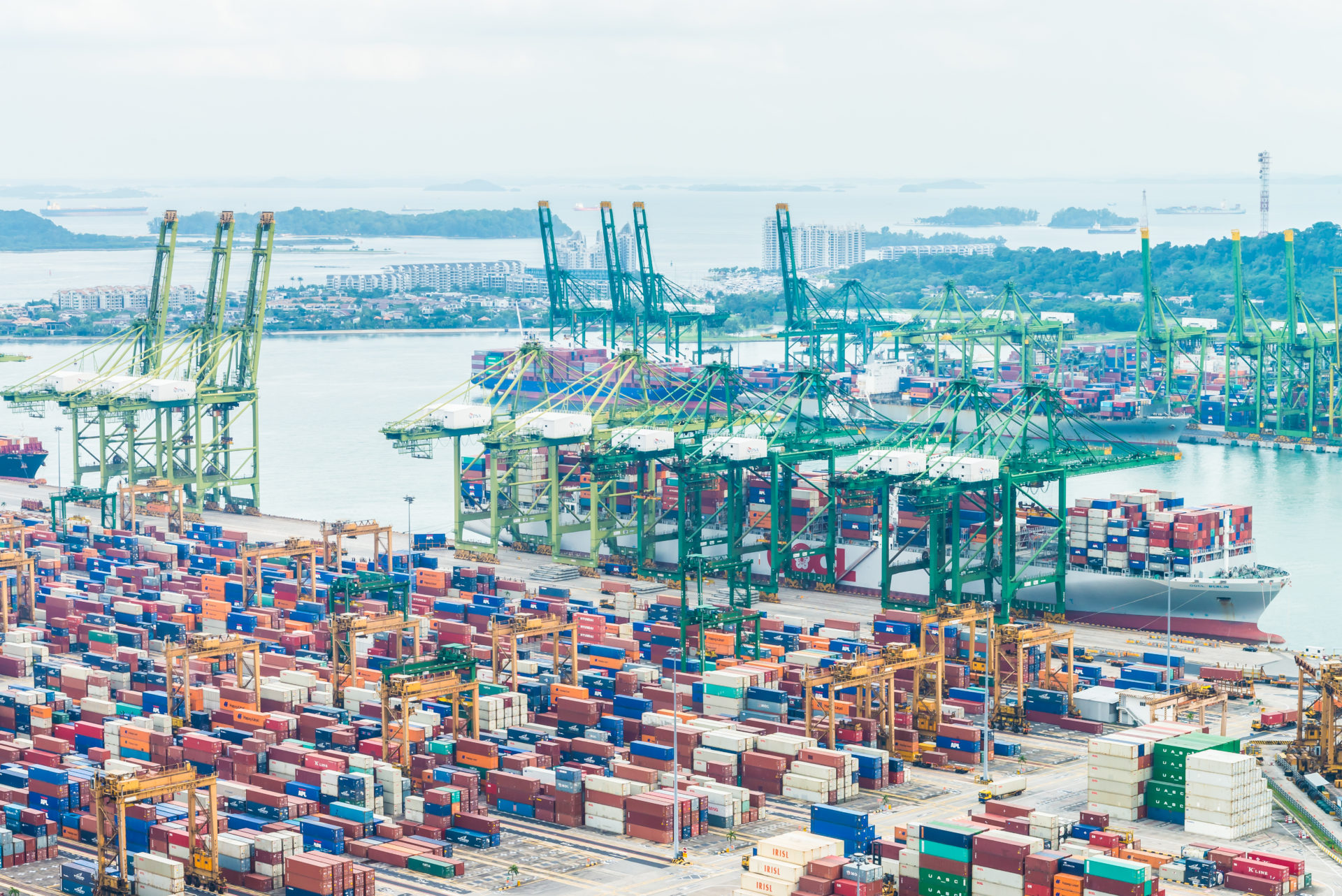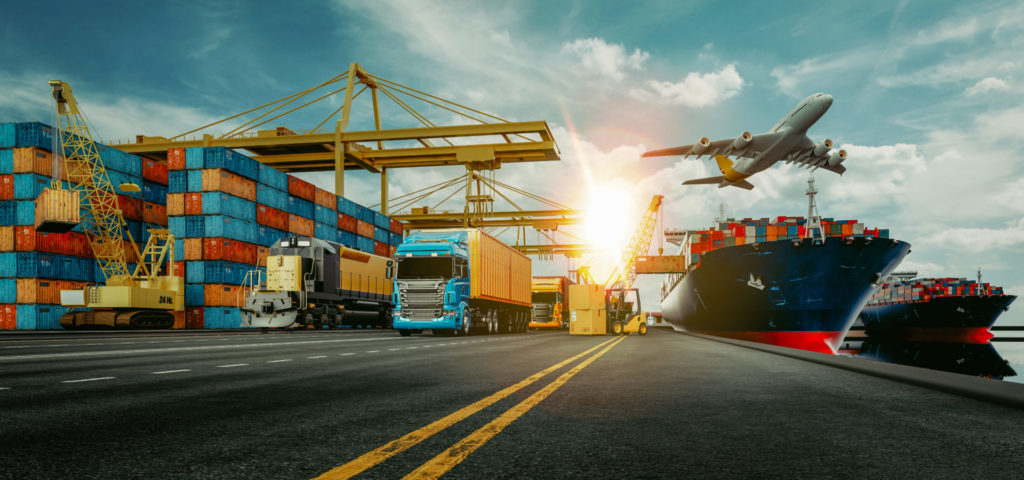The APAC region, known for its dynamic economic growth, is witnessing a significant transformation in the freight forwarding industry. This change is driven by the burgeoning e-commerce sector and the maturation of the region’s economies. Understanding the trends in freight rates and transportation methods is crucial for businesses to navigate the evolving logistics landscape.
Trends Influencing Freight Forwarding Costs
A notable trend affecting the industry is the fluctuation in container shipping rates. Many businesses had locked in shipping contracts at peak rates, which are now significantly above the current market rates. As these contracts expire and the market sees an influx of new container vessels, a marked decrease in shipping costs is anticipated. However, this dip in rates isn’t expected to last indefinitely. With APAC’s industrial capacity on the rise, a subsequent increase in logistics demand is likely, which will eventually stabilise or increase freight rates.
Freight forwarding companies are strategically setting their rates based on forecasted costs, providing an arbitrage opportunity for supply chain managers. It’s essential to monitor these rate fluctuations for optimal logistics planning.
Air Cargo’s Recovery and Prospects
The air cargo sector, especially significant in the post-pandemic landscape, is showing signs of recovery. Recent statistics reveal a 10.9% year-on-year increase in the Middle East and a 7.6% increase in the Asia-Pacific region, signalling a resurgence in consumer demand.
Sustainability and Safety: New Frontiers in Logistics
Sustainability is becoming a cornerstone in the logistics industry, with companies striving to reduce their carbon footprint. This trend is evident in the adoption of cleaner fuel sources like LNG, methanol, and ammonia for new shipping vessels. Ports in major cities are establishing sustainable shipping lanes to support this initiative.
Legal frameworks are evolving to enforce environmental standards, with Europe already incorporating carbon emissions costs into transport pricing. Such regulatory changes are influencing the increase in eco-friendly freight container supplies.
Moreover, the introduction of SCIP/SVHC regulations in Southeast Asia underscores the region’s commitment to safe and sustainable logistics practices. These regulations, aimed at controlling hazardous substances, are crucial given the rising transport of sensitive materials like Li-ion batteries.
Industry Adaptation and Future Outlook
Recent industrial incidents, such as train derailments in the US, emphasise the need for stringent safety and environmental protocols in logistics. These developments, alongside the push for decarbonisation and sustainable practices, are shaping the future of freight forwarding.
Supply chain professionals must stay abreast of these changes, understanding that the industry’s infrastructure is evolving to accommodate these new standards. The APAC region, at the forefront of these transformations, offers valuable insights into the global future of freight forwarding. As the industry adapts to these trends, professionals must be vigilant, leveraging opportunities and mitigating risks in this dynamic landscape.
Note:
This article is part of an ongoing series exploring hiring trends in the APAC logistics sector. Next, we’ll explore the latest trends in contract logistics in Southeast Asia. Can’t wait? Download the entire series as a report here.
About the Author:
Ben McDonald is a Co-Founder and Partner at Connexus Global. With a 20-year track record in recruitment, particularly in Supply Chain & Logistics, Ben partners with clients to secure top talent, driving their success in the Asia-Pacific region.
About Connexus Global:
Connexus Global is a specialised recruitment firm operating in Singapore, Bangkok, London, and Austin, focusing on the industrial, consumer markets, commodity trading, and renewable energy sectors.










